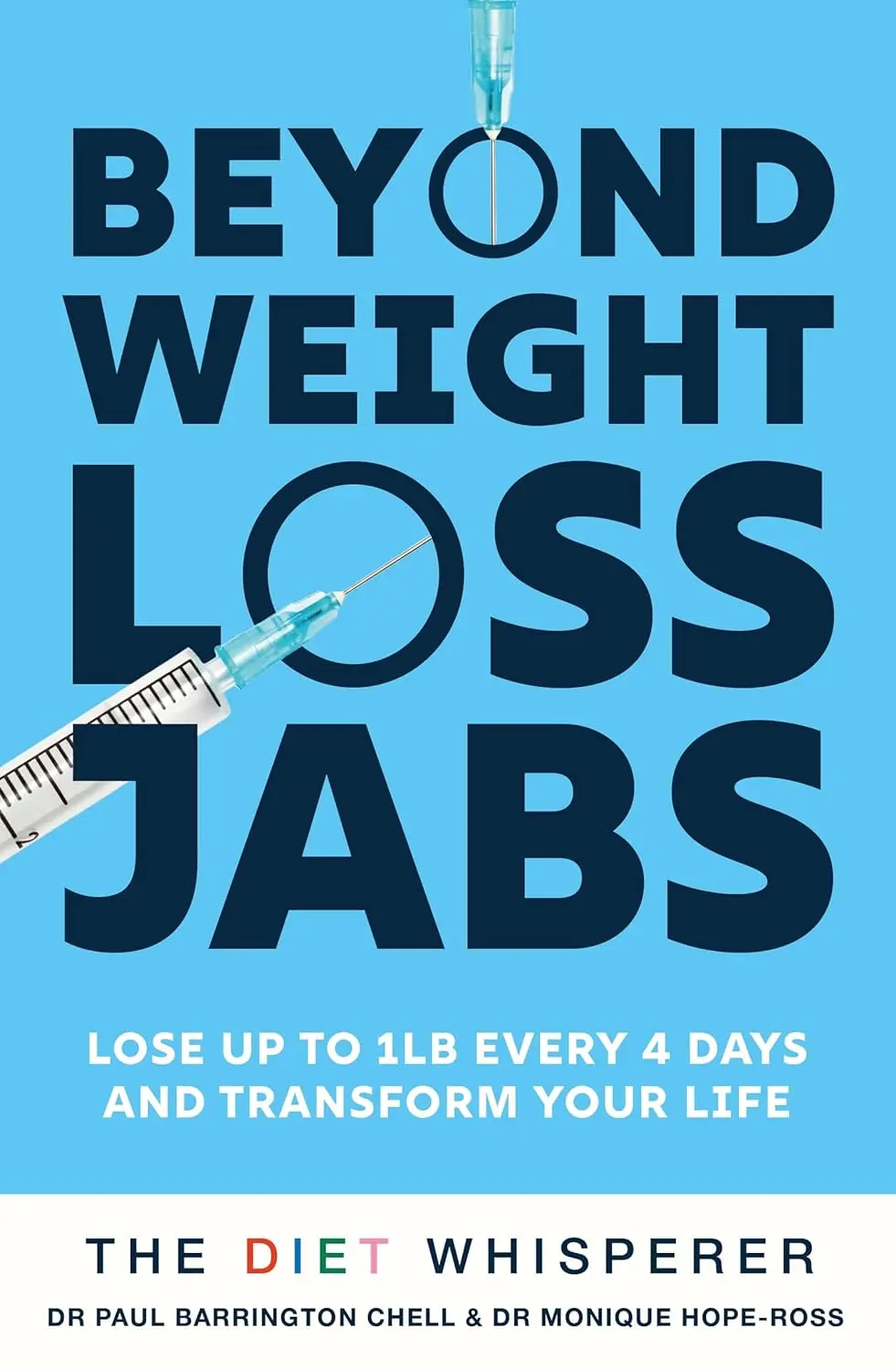Weight Loss Coffee, Fact or Fiction?
Published: 10th August 2021
Dr Paul Barrington Chell and Dr Monique Hope-Ross
Every day, we drink over 2 billion cups of coffee, the world’s favourite drink! Originating in Ethiopia, coffee is one of the most important commodities in the world. It is grown worldwide throughout the ‘Bean Belt’; the area surrounding the equator between the tropics of Capricorn and Cancer. But there are increasing threats to coffee production due to extreme weather; a bumper crop in 2020, has been followed by a major failure in this year’s crop due to a combination of frost and drought, and as a result, soon you will by paying more for your coffee.
The case for drinking coffee is stronger than ever, and study after study reveals, that as well as being a pick me up, you may get more from your favourite morning beverage than you thought. 1 It now qualifies as a healthy beverage, although there has been controversy along the way.
Weight Loss Coffee
Coffee contains more than a thousand chemicals with healthy micronutrients, including polyphenols, caffeine, vitamins and minerals. Polyphenols or antioxidants present in coffee include chlorogenic acid, kahweol, diterpenes-cafestol and quinic acid; these help to combat oxidative stress, a risk factor for both inflammation and cancer. Caffeine, a potent stimulant drug, can cross the blood-brain barrier resulting in the release of the neurotransmitters, dopamine, serotonin and adrenaline; making you feel alert, energised and ready for action!
Coffee lowers the risk of liver cancer and drinking one to two cups of coffee per day is associated with a lower risk of developing Parkinson’s disease. It may also be protective against other modern diseases. Coffee drinkers have been shown to be less likely to die from diabetes, heart disease, and stroke than people who do not drink coffee. But coffee is but one small part of your overall diet and other factors include stress, sleep, exercise, and a healthy diet, feeding a healthy gut microbiome. So work is necessary on all pillars of health to maximise your weight loss and wellness.
The largest risk reduction for disease is seen with drinking 3-4 cups of coffee per day
Coffee may also help with the rising scourge of diabetes, where in the USA 1 in 3 people are prediabetic and 10% or 34 million Americans suffer from diabetes. The exact mechanisms by which coffee exerts its health benefits and improves the processing of sugar remain elusive but may be due to the antioxidant effect of cafestol or to epigenetic DNA changes (DNA methylation). 2
Does Coffee help with Weight Loss?
Are the benefits of coffee being stretched with extravagant claims of coffee weight loss? Claims for coffee weight loss proliferate on social media; and while coffee boosts metabolism, this extrapolation to extravagant weight loss claims may be stretching the point. Let’s look at the scientific facts.
Scientific studies have shown that drinking coffee boosts metabolism by between 3-11% and it has also been shown to increase fat burning. 3 4 5 The metabolism boost of coffee, is greater in lean people than obese people. One study calculated the increased daily expenditure seen with drinking coffee as 150 calories in lean people and 79 calories in obese subjects. 6 So far, so good! According to these figures (and assuming that calorie restriction were as simple as that, and it is not) drinking coffee may allow you to eat that half an extra snickers bar if you are lean, and a third of a bar if you are obese.
But…. Here’s the rub:
Tolerance develops to this coffee effect and your metabolism is soon reset; you lose that extra metabolic boost. And any coffee weight loss will cease; and if you keep eating that extra snicker bar, you will even gain weight. Tolerance is due to upregulation of receptors, where more coffee is required to do the same job. 7 So ultimately, your body’s hormones and homeostasis win, not the coffee.
There have been some scientific reports showing some benefit of coffee in short-term weight loss, but the studies are small and there is no conclusive scientific evidence. At best, short-term weight loss may be aided by drinking coffee, but only as part of dietary and lifestyle changes.
How much Coffee is good for You?
While coffee is good for us and is generally safe for most people, you can have too much of a good thing. Too much caffeine causes high blood pressure, anxiety, increased heart rate and difficulty sleeping. And the long half-life of caffeine means it hangs around in the body for 5-10 hours. If you have trouble sleeping, you may need to cut the coffee out 10 hours before bedtime! Recent research suggests an increased risk of reduced brain volume and dementia, in those people who drink 6 or more cups of coffee per day. 8
400 mg of caffeine per day appears to be safe for most adults and an average cup of brewed coffee has 95 mg of caffeine. Some coffee, such as a cup of espresso has a higher caffeine content and may contain over 200 mg of caffeine; therefore, you should adjust consumption accordingly. You need to also consider that other processed drinks such as sodas and diet sodas contain caffeine, contributing to your daily total.
Enjoy your coffee but don’t expect that weight loss will follow by drinking coffee; it is 100% impossible that drinking coffee will give you a beach ready body. The biggest impact on your weight is what, when and how much you eat. A weight loss programme includes adopting a healthy diet of whole foods and avoiding all processed foods and sugar. Also, by fat adapting, you can teach your body to burn fat as a fuel. Fat adaptation, (link to fat adaptation blog) allows you to reduce carb cravings, stop snacking completely, and safely go longer between meals (intermittent fasting). Combining all these factors, is the secret to improving your body’s metabolism; this will lead you to successful and sustainable weight loss.
Whisperings
- Coffee is one of the world’s most popular drinks.
- Coffee contains many healthy compounds-polyphenols, caffeine, vitamins and minerals.
- Coffee has been shown to reduce the risk of liver cancer and skin cancer.
- Coffee may reduce the risk of heart disease, metabolic syndrome, diabetes and Parkinson’s disease.
- Excess coffee causes sleep problems, high blood pressure, high heart rate and anxiety. Drinking over 6 or more cups per day has been linked to an increased risk of dementia.
- You should limit your coffee intake to 4 cups per day; the equivalent of 400mg of caffeine per day.
- Coffee increases your metabolic rate slightly.
- The increased metabolic rate after drinking coffee is insufficient to cause any coffee weight loss, due to the size of the effect and the development of tolerance.
- Extravagant claims of coffee weight loss are not substantiated by current scientific evidence.
- Drinking coffee may support healthy weight loss measures.
- To lose weight; you need to alter the type, amount and timing and frequency of food.

